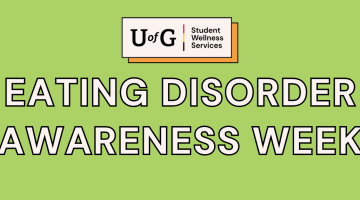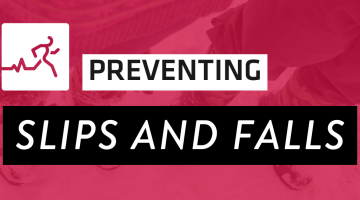HPV: Human Papillomavirus – What It Is & How To Prevent It
What is HPV?
HPV is Human Papillomavirus. It is the most common sexually transmitted infection in the world today. HPV has over 100 strains causing a range of symptoms from genital warts to cervical cancer, vulvar cancer, anal cancer and penile cancer.
Who is at risk?
Anyone sexually active is at risk for HPV. Over 40% of students leave high school in Ontario without being immunized for HPV. Students may be at risk for preventable HPV-related diseases and not even know it.
Why is HPV so common?
HPV is highly contagious and can spread by skin-to-skin contact in the genital area. Penetration is not required and it can be spread during genital touching, vaginal, anal or oral sex.
Approximately 75% of sexually active Canadians will have at least one HPV infection in their lifetime. The highest rates of HPV infection occur in young people aged 15 to 24.
HPV Signs and Symptoms
There are often no signs or symptoms of HPV, you may not be able to tell if you or your partner has the infection. Many low-risk HPV types will simply clear up on their own. You may not even know that you are infected. However, low-risk HPV types 6 and 11 may cause genital warts.
There are at least 15 high-risk HPV types that may cause cancer, such as cervical, vulvar, anal, penile, mouth and throat cancers.
How to prevent HPV
Getting immunized for HPV is the best way to prevent it. Even if you are already sexually active, it is not too late to get vaccinated against HPV.
HPV vaccinations are available at Student Health Services year-round. Students may have coverage through their health plan or family plan; you can visit SHS to determine your options.
The GARDASIL 9 Vaccine helps protect against genital warts and cervical, vulvar, vaginal and anal cancers among people with vaginas. As well as genital warts and anal, mouth, and penile cancers among people with penises that are caused by certain types of HPV.
HPV Myth Busting:
Resources and Useful Links
- MERCK Canada Inc - g9forme.ca
- The Society of Obstetricians and Gynaecologists of Canada - hpvinfo.ca
- The International Papillomavirus Society - askabouthpv.org
- The GOC HPV Decision Aid Platform - gochpv.ca/campaign




